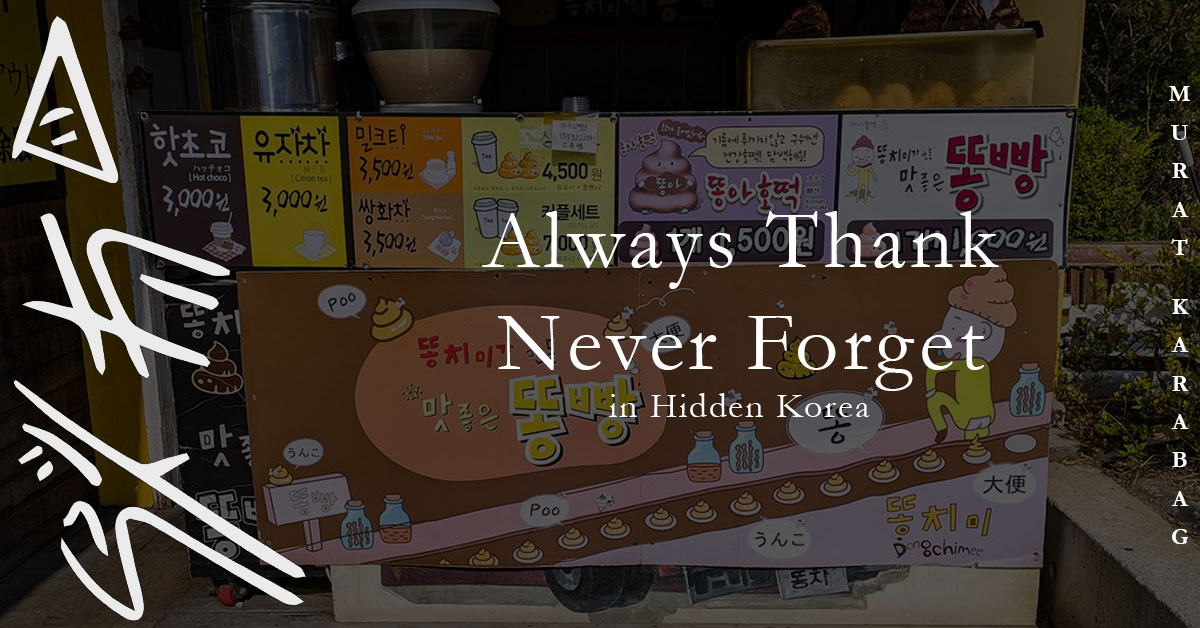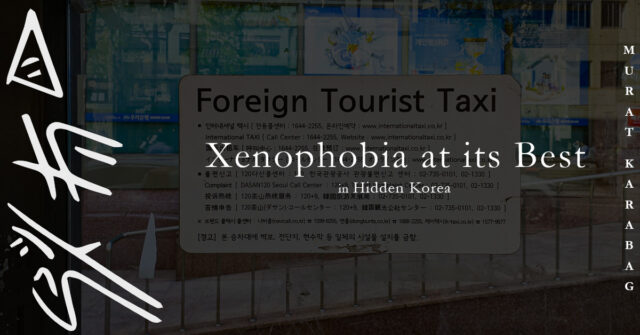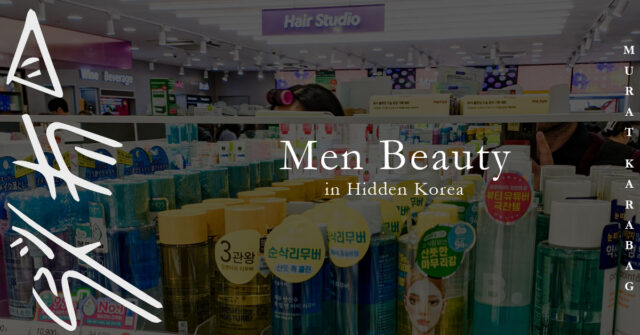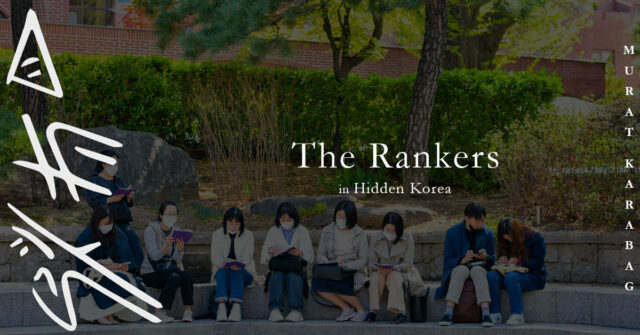Political economy is the art – no, not science, the art of creating consent while dealing with scarce resources. Every government has to master it, or will face resistance from the people, and be replaced in the next elections if it’s a democracy, or will have to either kill to retain the seat, or be killed trying to.
Looking from Turkey, Korean history is one that amazes millions. Suffering from poverty in early 60s, became a high-income country and has been the only one, if I recall correctly, that managed to grow in the most turbulent of times except the infamous 1997 Asian crisis. Almost half the population of Turkey with almost double the GDP, it’s no surprise that my fellow Turks envy such success.
How did it happen is a question which is hard to answer – not because it’s complex but because the answer changes as per the perspective. Ask me and I’ll say that what needed to be done was done, mostly. Ask a Korean fella and he’ll say, well, “can’t say much about the results but can a lot about the method”. I know that this is the answer, I asked – and not to few of them.
Park Chung-hee is the 3rd president of South Korea. He was an army general before the 1961 coup, became a full-time politician in 1962, and the president of South Korea in 1963 until his assassination in 1979. You know how army folk are: They need full obedience for that’s the only thing they learned since childhood, and try to make everyone fully obedient. The methods can include anything. The easiest form is ensuring self-censorship, which develops over time anyway, but to ensure that will be the case, they need to show the people what might happen if they fail to do so. Korea went through it. The history of Korea’s rapid industrialization is meanwhile the history of, well, not that good times – at least not for everyone.
Park’s military regime lasted maybe longer than he could ever imagine: Albeit he was assassinated in 1979 by one of his closest friends, and was replaced by another close friend, Chun Doo-hwan, military regime in Korea lasted at least until 1988 if you’d end it with Chun, or officially until 1993 when not only free elections were held but also a non-military person was elected after a long pause.
Economic growth, once built on a strong ground, is hard to slow, even harder to stop. It takes a while and strong effort to manage such outcome. Koreans may not be among the longest working people on the world now, thanks to the development made in the past, but they still are among the hardest working – and they hard-worked to make good use of the money that they managed to generate. The national pension scheme of Korea, for example, is founded in 1988 and in such short while managed to reach a trillion American dollars size already. Two generations were sacrificed for the future, and the rewards are reaped now –
But some people don’t forget. They aren’t trapped to addictions, don’t harm themselves or others, they remind of what they or their parents went through – and appreciate what they have now. A form of yin-yang, the idea is simple: Show the good in bad, and the bad in good. Various ways were found for this with most including the youth speaking to youth. One, and maybe the most provocative of them is found below:

The shit café! The most original idea of this wave, the owner of the café also is a familiar name: Kim Min-Jin. When I conducted a very brief interview with him about how he came up with the idea and how the business fares, he told me the following:
“Look around you. Everything you see is beautiful and cute. Our children deserve this, our children deserve even better than that. But they need to remember also what we went through. What we had to face, to take, to live through. We watered this land with our sweat and blood. We still would if we were asked to, but we weren’t. We went through shit. When everything settled and we all enjoyed the outcomes, there started this ‘always thank, never forget’ movement. I though, how would I add to it? Thence came the idea and as you see, it worked. We all love coffee, we all dislike shit, and we all and always remember: The good came from bad, we will return to good even if comes another bad.”
Such is the soul and spirit of Koreans. I respect them deeply even if I am among the few that know them all the way well. I mean, isn’t this the work of a genius of economy-politics, making money and then distributing it while remembering what was the cost? Perfect, Korean fellas. Perfect!




